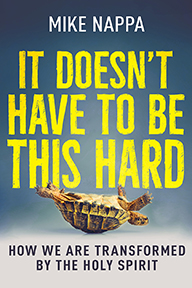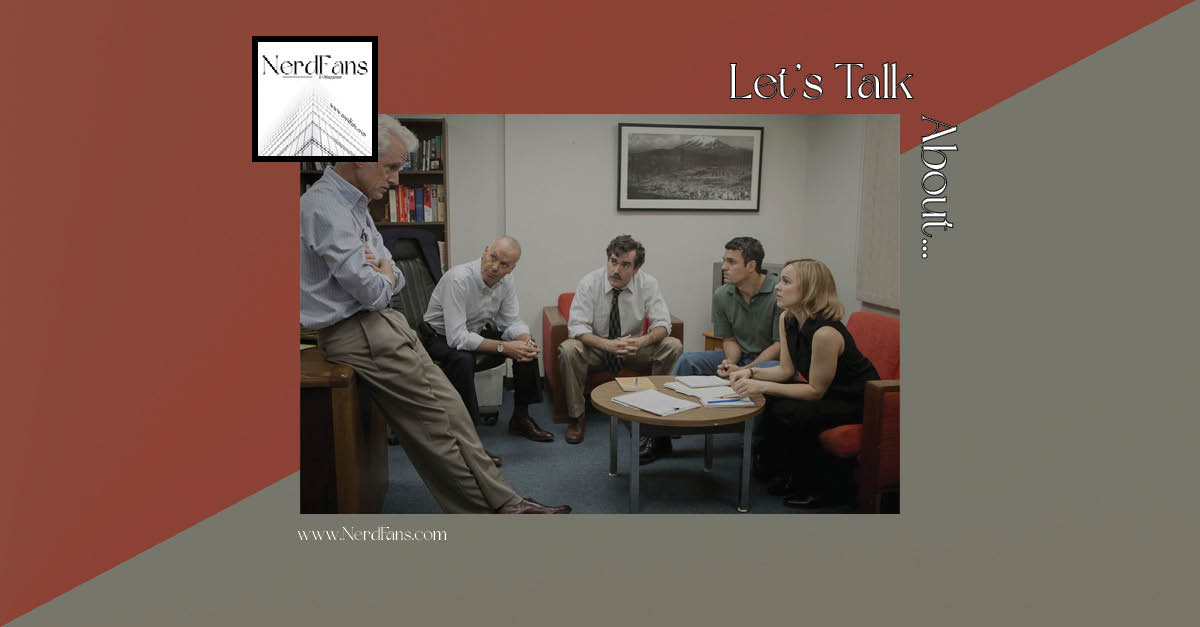A Marketing Team reason for rejection
Back in Reason #45 I mentioned to you that there are more than a million books published in a year. In fact, in 2009 there were 1,052,803 book published in America. Just under three-quarters of those (764,448) were self-published, while a little over 25% (288,355) were released through a traditional publishing house.
Do you understand what that means?
Today alone, traditional publishers will release on average, 790 new books.
If you include books that were self-published (and you should because they also compete for dollars in the marketplace), that number jumps up to roughly 2884 books released every single day in America.
At the same time, the largest percentage of Americans who buy books (50%) will purchase less than one book per month (10 or fewer in an entire year).
Is this starting to sink in for you a bit?
Let’s be generous and say that the average reader will buy one book this month. There are over 87,000 brand new ones for that reader to choose from…plus the 87,000 that released last month…plus all the ones released all the months before today that are still vying for attention.
Now, put yourself in place of the Marketing VP at my publishing house. How will you overcome all that competition to get the attention of a reader focused on a single book by a relatively unknown author?
That’s the question that rings loud every time I bring your new proposal to my Marketing VP’s desk. To her credit, my VP is willing to tackle that huge chore, to find ways to creatively bring a new book to the front of a reader’s mind.
Unless you send me a proposal on a topic that’s already overdone in the marketplace. When that happens, those overwhelming numbers start to add up in her brain, causing her head to shake from left to right instead of nodding from up to down.
You see, overexposure of certain themes often results in “topic fatigue” among buyers. (After all, when was the last time you bought a new book about The Atkins Diet?) And new books on tired-out topics don’t often beat the odds—there’s simply too much competition out there. If that’s the kind of book you want to publish, chances are good you’ll be rejected.
What You Can Do About It
1. Keep current on what’s being published.
Hey, look at this as an excuse to hang out at your local bookstore. You like browsing the shelves anyway, don’t you?
Seriously, at least once a month you should spend an hour or two just walking around Barnes & Noble or Books-a-Million or whichever is the favorite independent bookstore in your local area. Check the shelves that carry books in your typical publishing categories, see what’s new, what’s old but still being carried in the bookstore, and anything else that looks interesting.
And yes, in case you’re wondering, people on my side of the desk do that too. In fact, one of my former supervisors at a publishing house used to require that I spend an afternoon every month in a bookstore somewhere, checking out the competition. It was even a part of my annual job performance review. So are you surprised that your proposal is rated by the same measure?
2. Avoid over-published themes.
This seems like obvious advice, and I wouldn’t give it except that many authors don’t understand it. If you see that everybody and their dog are publishing books that explain the basic principles of a thriving healthcare system, well, maybe you don’t need to add more of the same to bookstore shelves.
At the same time, don’t assume that a popular theme is over-published.
The key here is what you bring to the conversation. Do you have something new and unique to add to the healthcare discussion? Then by all means, go right ahead with your book. But make sure you really are offering something “new and unique.” If you’re not, you’ll just get sidelined by topic fatigue and find your manuscript back on your desk with my rejection letter attached.
3. Make the competition irrelevant by becoming a pro at differentiating your book.
Ah, have I piqued your curiosity yet? If so, then read on to Reason #47 my young Padawan…
Looking for more? Check out these links:









